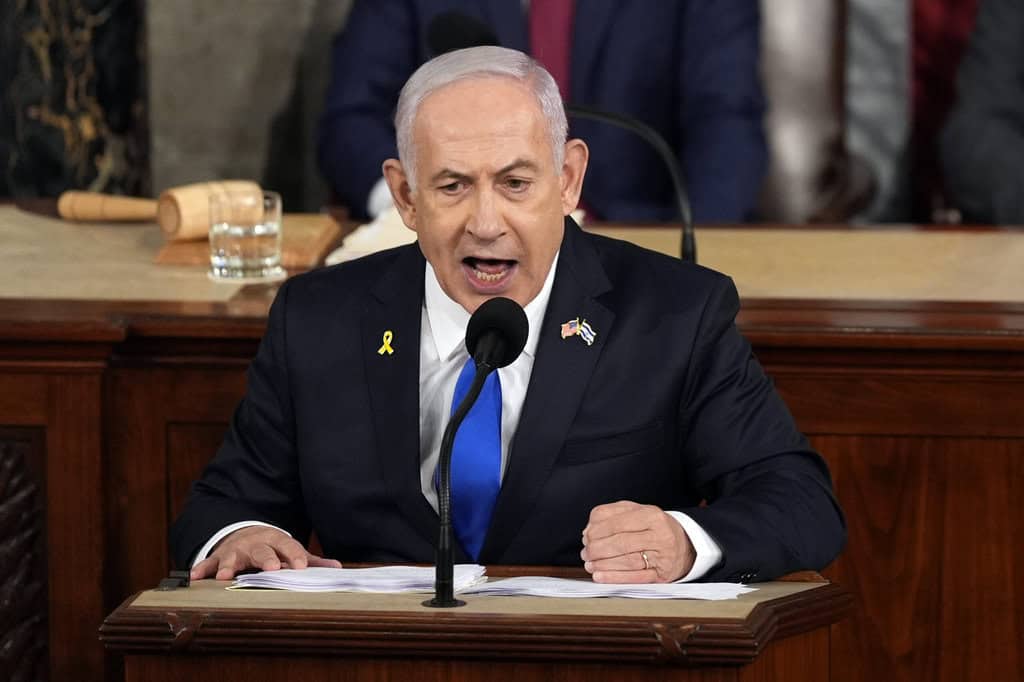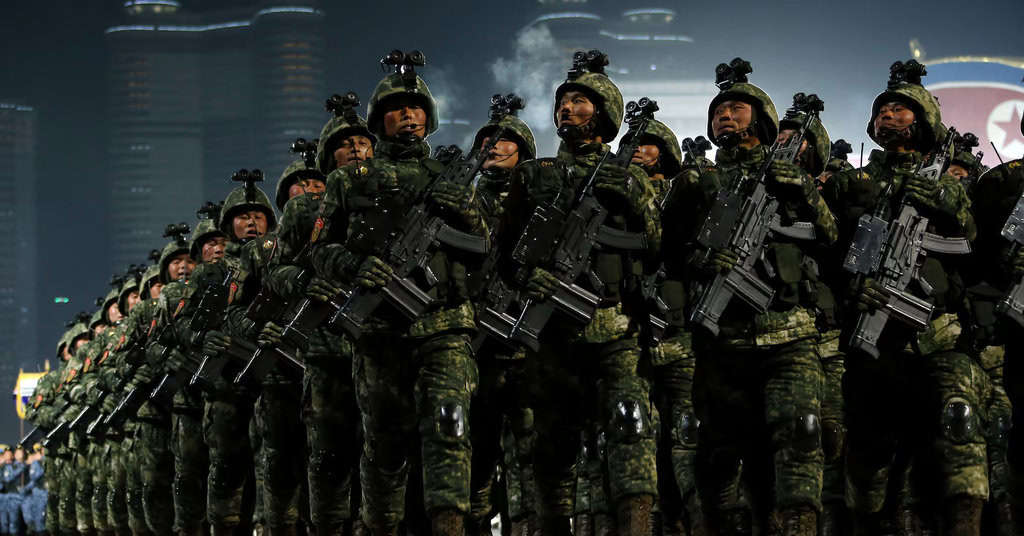A New Strategic Alliance in the Middle East
In a groundbreaking proposal, Israeli Prime Minister Benjamin Netanyahu has suggested the formation of a strategic alliance reminiscent of NATO, named the “Abraham Alliance,” to counter Iranian threats. Addressing the US Congress, Netanyahu emphasized the urgent need for a robust security coalition in the Middle East.
Historic Address to US Congress
Speaking to the US Congress for the fourth time, a record-breaking feat surpassing Winston Churchill, Netanyahu highlighted the growing dangers posed by Iran. Despite the absence of around 70 House and Senate members, his message was clear and urgent.
Drawing Parallels with NATO
“Just as America established NATO to counter the Soviet Union, we can forge a Middle Eastern alliance to confront Iran,” Netanyahu stated. He pointed to a recent incident on April 14, where Iran launched missiles and drones at Israel, and the US, along with the UK, intervened to neutralize the threat. This, he argued, is a preview of the potential collaborative efforts of the proposed alliance.
Gratitude to US Leadership
Netanyahu expressed his gratitude to both President Joe Biden and former President Donald Trump. He credited Biden for his efforts in unifying allies and acknowledged Trump’s role in the historic Abraham Accords, which normalized relations between Israel and several Arab nations.
The Concept of the Abraham Alliance
The envisioned Abraham Alliance aims to include nations that have made peace with Israel or are on the path to doing so. “Iran is a threat to all of us,” Netanyahu declared, calling for unity against a common adversary. He stressed that the fight against Iran is not only about Israel’s security but also about protecting American interests.
A Unified Front Against Iran
“When we combat Iran, we confront one of the most radical and deadly enemies of the United States,” Netanyahu said. He assured US lawmakers that Israel’s efforts to prevent Iran from acquiring nuclear capabilities are in the best interest of both nations.
Military Support and Ongoing Conflict
Netanyahu also touched upon the ongoing conflict with Hamas, thanking the US for its military support. Despite international calls for a ceasefire, he vowed to continue military operations until Hamas’s military capabilities are completely dismantled, its control over Gaza ended, and all captives from the October 7 attack are recovered. “We will accept nothing less than total victory,” Netanyahu asserted.
Netanyahu’s proposal for the Abraham Alliance represents a strategic shift in Middle Eastern geopolitics, aiming to create a united front against Iranian aggression. This initiative underscores the importance of international cooperation in addressing shared security threats and highlights Israel’s commitment to defending itself and its allies.





